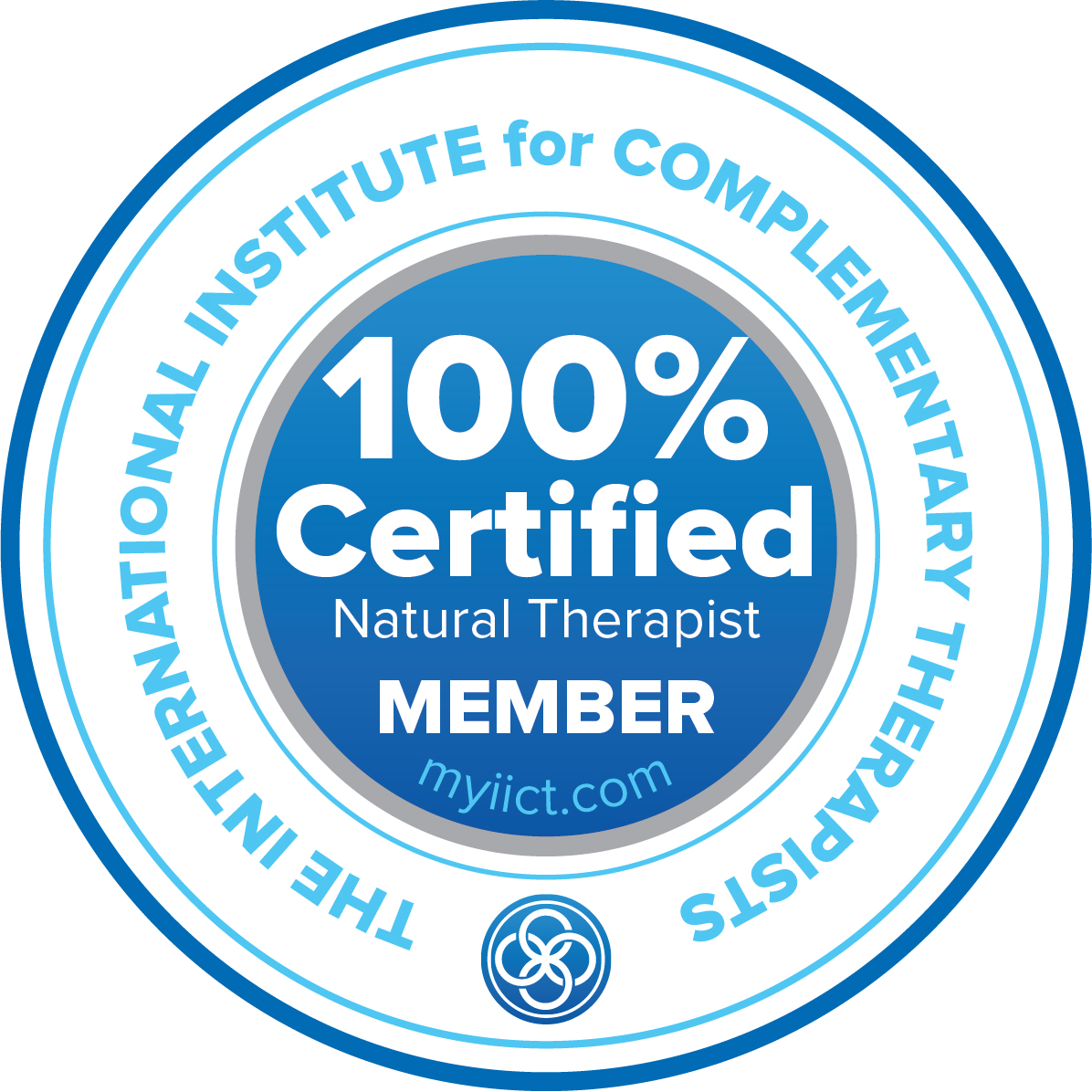For my latest articles and special offers, subscribe to Jess Ang's Intuitive Updates here.
No Time to Not Meditate

March 2020
Floating Light Bulb
A couple of months ago, I used a gift certificate I’d received as a Christmas present to float in an isolated tank for an hour. My very first float several years back wasn’t particularly pleasant. At random times, drops of water fell from the top of the tank onto my forehead. I lay there the whole time anxiously awaiting the next drop and wondering if this was what water torture would feel like. My second experience in 2018 was more peaceful than the first. There was some difficulty keeping my ear plugs in, so eventually I resigned to letting them fall out and having salty ears before going to sleep for the majority of the session.
This third time around, my husband came along to float in another tank at the same time, as we used a two-for-one deal. The experience was more eventful than the previous ones. It started with a surge of unexpected anger, which soon subsided as quickly as it had come. I then relaxed with my eyes closed, before being hit by a bright light which appeared to have switched on inside the tank. I opened my eyes and saw what looked like a lightbulb in front of me. It faded into the darkness and I realised that there was no lightbulb, I’d had a visual hallucination. I then heard footsteps thumping outside. As I remembered the words on the floating centre’s pamphlet which stated that the rooms were soundproof and that no noise could penetrate the tank to disturb whoever was floating inside, my heart stated racing. Despite the fact that I’d initially been curious about floating due to claims that it could bring about similar hallucinogenic effects as when taking LSD, without the illegality or unwanted consequences, I freaked out anyway at the thought of having visual and auditory hallucinations for an hour. My fear was short-lived though, and I felt a wave of peace wash over me which thankfully stayed for the remainder of the session.
After I emerged from the tank and went back outside, I saw my husband waiting on a chair, looking blissed out. He said he had never felt so “chilled” in his life. He compared floating to a clean way of getting stoned. His experiences sounded way more bizarre than mine, but what I found particularly interesting was that he was suddenly eager and open to the idea of trying meditation, which he has never wanted to do before. Tuning into his energy, it did actually feel as though he had just been meditating. Perhaps a taste of that peace made him want more. His old beliefs about himself quickly resurfaced though as he said, “But then again maybe I don’t really want to meditate. I don’t like not thinking so much.” I asked him to drop any assumptions and to just feel how he was in that moment, and he admitted that it was nice to have some space in his mind, to have a break from so many thoughts.
Excuses, Excuses
There are many excuses for not meditating, often used by people who say that they would otherwise like to meditate. Here are some common ones:
“I don’t know how to meditate”.
There are too many teachers, books, articles, courses, and online information out there about meditation now to use a lack of knowledge as an excuse.
“I don’t have the money to learn to meditate”.
Most forms of meditation can be learned at no cost, such as through free content on websites, books that can be borrowed from a library, or by talking to friends or acquaintances who meditate, so potential expense is not a convincing reason either.
“But I have children to take care of. I can’t leave them unattended to go and meditate.”
There are many parents and carers who make sure that there’s some point during the day when they can meditate, so having children doesn’t necessarily let you off the hook.
“I’m too anxious to meditate. My thoughts would run rampant.”
What would you say to someone who told you, “I can’t schedule a dental appointment right now, I’m just too worried about the decay in my back tooth to make a booking. In fact, I’m so anxious I can’t even clean my teeth properly”? Alrighty then, I guess that hole in your tooth is just going to keep growing …
If you’re anxious, meditation can be considered a remedy to help you cope better with the anxiety. Awareness of your thoughts, no matter how quickly they rush in and out of your mind, will go a long way towards managing your level of worry and stress.
“Meditation is boring”.
I can relate to this concern, but I also agree with another well-known statement that “If you are bored, then you are boring.” Meditation can lead to incredible inner experiences that are far from boring. And boredom itself is just a state that’s temporary, like every other emotion and feeling. Besides, even if you were to find meditation boring for the rest of your life (which is unlikely if you persevere and explore various meditation techniques), the benefits of meditation beyond the practice itself makes the whole thing worthwhile.
“I’m too busy. I don’t have time to meditate.”
Time? Okay, not meditating due to a lack of time seems fair at first. Except that it isn’t really a valid excuse either. I learnt Vipassana meditation from the book Mindfulness in Plain English, in which the author Ven. H. Gunaratana points out that there are seasoned meditators out there with very busy lives and yet meditate for two to three hours a day. I recall thinking that sounded impossible. But people do it.
Not having time to meditate is like saying there’s no time to brush our teeth or sleep or eat. I believe that the busier we are, the more we need to meditate for our mental and emotional health. I consider meditation to be essential on any given day, but most especially when confronted with chaotic circumstances and challenges.
Sometimes I’ve been praised for meditating over an hour each day, often followed with, “But you’re so calm, Jess. It’s harder for me. I could never sit still for that long.” No, no, no! I am not naturally calm, I haven’t found it easy to meditate for much of my life, and sitting still for that long takes a lot of practice. The only way to do it is to keep doing it. And it’s worth it. It’s not an option for me not to do it. Rather than cause for admiration, the truth is that without meditation I would feel totally insane.
To meditate in the morning doesn’t guarantee that it will be an easy day afterwards, but it does increase our chances of responding in a more healthy, effective, and intelligent way, with less emotional reactivity.
There’s not enough time to not meditate.
Time as an Illusion
Albert Einstein stated that time is an illusion, and modern physicists also agree that time is relative rather than a fixed, linear thing.
I remember reading a few years ago about an interview with a celebrity who used to push himself while cycling. It was a hard slog each time. One day he decided to take it easy and not try to cycle so fast. He found himself appreciating the scenery and feeling grateful for the opportunity to be out in nature. When he got to the end point, he felt as though he’d just completed a relatively slow, leisurely ride. And yet his time was slower than usual by mere minutes (I think it was 4 minutes, from memory). He learnt that for less than an extra 5 minutes of his time, he could enjoy the same ride, along the same route, so much more.
It’s kind of strange, but taking more time to enjoy ourselves, to nurture ourselves, or to do what’s important (as opposed to constantly attending to seemingly never-ending urgent matters) often has the effect of slowing time down, or even extending it.
In the Vegan Spirituality webinar that I was interviewed for last year, I mentioned that practicing meditation is one of the best ways to strengthen our intuitive ability. I shared the story about how when I started yoga at a new studio a few years previously, I would often feel ambivalent about attending classes, especially on days when I felt too busy. Each time I went to the yoga studio’s website while trying to decide whether I should just register online and show up for a class, I saw the following quote on the homepage: “Yoga doesn’t take time, it gives time.” That pearl of wisdom was often all it took to get me to rock up to a class, because I understood it to be true. Even if I ‘lose’ an hour that could otherwise have been spent on a to-do list, I know that if I do yoga then I’ll be more alert, efficient, and actually get a lot more done afterwards than if I had spent the whole time working instead. That’s how yoga or other exercise “gives time”. I believe it’s the same deal with meditation. It has the effect of making it seem as though we have more time and space during the day.
I recently met up with a family member who was so incredibly frazzled that I suggested we take a moment just to sit still and breathe deeply for half a minute – just 30 seconds! – before leaving her parking spot and driving away. She shared that it was too stressful to sit still, which made me wonder: Was it really that stressful to sit still, or was it that the stress (which was clearly already there) had become more obvious in the absence of distractions and busy-ness?
Busy vs. Lazy
The issue of always saying we’re busy is explored by Tim Kreider in Lazy: A Manifesto. Tim raises the possibility that by describing ourselves as busy, we feel more important (he believes that “I’m busy” is often boasting disguised as a complaint) and/or are able to distract ourselves from our fears and worries. He discusses the virtues of being the opposite of busy as follows:
“Yes, I know we’re all very busy, but what, exactly, is getting done? Are all those people running late for meetings and yelling on their cell phones stopping the spread of malaria or developing feasible alternatives to fossil fuels or making anything beautiful?
“The busyness serves as a kind of existential reassurance, a hedge against emptiness: Obviously your life cannot possibly be silly or trivial or meaningless if you are so busy, completely booked, in demand every hour of the day. All this noise and rush and stress seem contrived to drown out or cover up some fear at the center of our lives … When you try to meditate, your brain suddenly comes up with a list of a thousand urgent items you should be obsessing about rather than simply sit still. One of my correspondents suggests that what we’re all so afraid of is being left alone with ourselves.
“I’ll say it: I am not busy. I am the laziest ambitious person I know…
“Idleness is not just a vacation, an indulgence, or a vice: It is as indispensable to the brain as vitamin D is to the body, and deprived of it we suffer a mental affliction as disfiguring as rickets. The space and quiet that idleness provides is a necessary condition for standing back from life and seeing it whole, for making unexpected connections and waiting for the wild summer lightning strikes of inspiration – it is, paradoxically, necessary to getting any work done … Life is too short to be busy.”
You Do It By Doing It
The belief that we need more time to meditate reminds me of the topic of whether or not to donate to others. There’s an assumption that you have to feel abundant before you can give. Generosity creates the experience of abundance though, and not the other way around.
I feel lucky to have read about the importance of contributing at least 5-10% of income to others who may need it (family and friends don’t count, as we usually find a way to give to our loved ones. It only counts when we donate to those we have no personal connection with). Even when I was only earning a couple of hundred dollars a week, I found a way to donate $20 or so to charity. It sent a message to my brain that I was rich enough to be giving money away.
I spoke to someone last week about how those who complain the most about the state of our world also tend to be the ones who aren’t doing anything to change it. I mentioned that even a small donation to a worthwhile cause can make a difference and help us to feel more empowered. He responded by saying he wasn’t earning enough to donate anything. I pointed out that his annual income is approximately quadruple what he used to earn five years ago, and about 10 times as much as what he was receiving 10 years ago, at a time when I remember him saying the same thing: “I’m not earning enough to donate anything.” The only way he’ll feel that he’s earning enough to donate anything is by starting to donate.
Likewise, the only way to feel that we have time to meditate is to carve out time to meditate, just as we would for brushing our teeth or sleeping or eating, and any other tasks or things that are considered non-negotiable.
And if you are not yet convinced that you have time for meditation, perhaps give floating a try :)
Click here to receive new articles by email
<--
Previous article Next article -->






